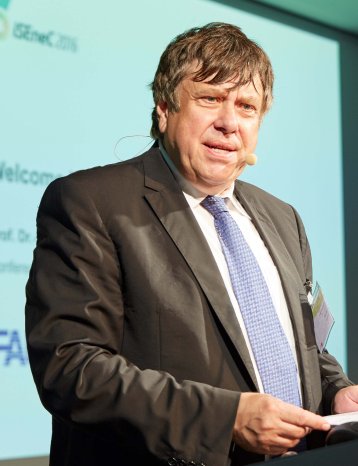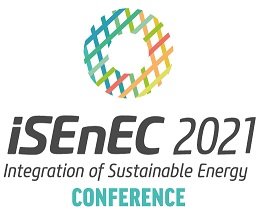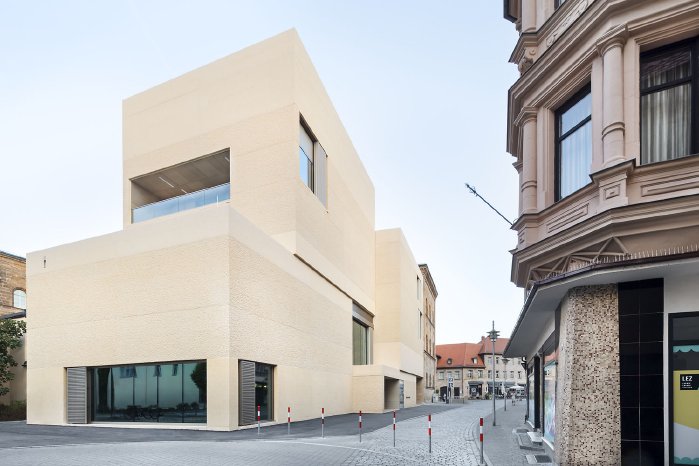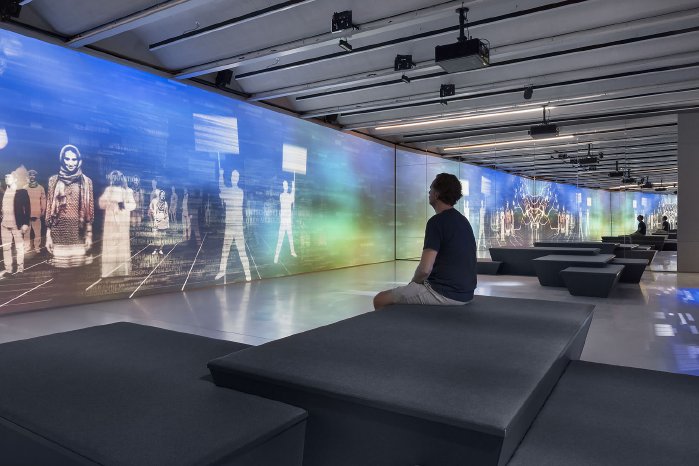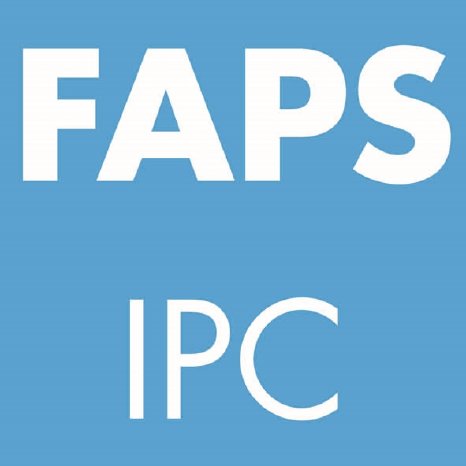All experts are asked to submit abstracts and apply for lecture or poster until 30th April 2021. The presentation should demonstrate the contribution to an energy system, the motto of this conference. Afterwards the Programme Committee will rank the abstracts and will put together an oral and a poster programme in two parallel sessions.
iSEnEC 2021 - main topics
1. Design of Energy Systems
Sustainable Energy Networks: Electricity and Gas
The session deals with research and development aspects of resilient energy grids and provides attendees with practical solution-oriented topics for network planning, operation and control. Major areas to be addressed are transmission, distribution and microgrids. Furthermore, the session topics are dedicated to the integration of renewable energy systems and storages including sector coupling concepts.
Future Energy Markets
The shift towards an energy system based on renewable sources not only poses technological challenges, but also raises market design issues. This session will focus on innovative contributions that analyse technology choice, investment, production and consumption decisions in future energy markets and also takes adjustments to the current framework conditions into account. Important topics include, but are not limited to decentralized smart energy markets and the consideration of sector coupling.
Modelling and optimization of electricity and gas networks (including TRR 154)
Methods for simulation and optimization are still one of the pillars in computational engineering bridging the gap between theory and practice. In this session we focus on new developments in this field, among them are the coupling of mixed-integer programming with nonlinear or PDE optimization, respectively, where uncertainties may play an additional role. Special attention will be given to the discussion on data-driven versus model-driven methods.
Photovoltaics: emerging trends in technology, application development and systems integration
The future energy supply will be based on a large extent on renewable electricity from photovoltaics and wind. Photovoltaics is already making visible contributions to the worldwide energy supply, but lacks significant volume compared to conventional fossil fuels. The central challenge for the next decade is the development of measures that can significantly accelerate the expansion of photovoltaics. This requires further technological advances - such as the current innovation push in the area of perovskite PV, new application developments - such as the integration of PV in facades or for energy-autonomous transport, as well as new market models for the combined expansion of photovoltaics, storage and distribution.
2. Chemical and electrochemical storages
On the way towards an energy system based on the spatially and temporally inhomogeneously produced renewable energy it is mandatory to find suitable energy storage solutions. In this track we will concentrate on latest developments in chemical energy storage. The scope encompasses Power-to-X scenarios such as hydrogen-based systems including fuel cells and water electrolysis e. g. using liquid organic hydrogen carrier systems, CO2 reduction, but also synthetic fuels and advanced batteries.
3. Start-ups
The conference will - as usual - have a workshop for founders of start-ups. All participants are invited to attend, oral contributions are by invitation. In the field of sustainable energy production new firms with innovative technologies as well as business models are emerging. In this session we will discuss with the entrepreneurs, experience their strategies, innovations and business models. Although most of the start-up firms work on their own, they can also be considered as partners for cooperations with established firms.
The proceedings of the iSEnEC 2021 containing all final accepted scientific papers will be published by Cuvillier Verlag.
The conference can be booked until 31th May 2021 at the price of 430 EUR (Speaker/Presenter) or 690 EUR (Participant) plus VAT.
‚iSEnEC 2021‘
Integration of Sustainable Energy Conference
13th and 14th October 2021
Conference - Information
Call for Papers - Information
CfP-Flyer
About the person:
Prof. Dr. Wolfgang Arlt studied chemistry with a focus on physical chemistry at the University of Dortmund. During his doctorate he was involved in the development of the Dortmund database. In 1981 he moved to Bayer, where he worked on thermal separation processes like distillation and extraction and was responsible for the application of thermodynamcis. Within the company he moved into polymer research in 1987 and held a leading position in the construction of a production plant for a thermoplastic in Antwerp. After completing this work, he returned to the process engineering department in Leverkusen.
In 1992 he accepted a job offer as “Professor of thermodynamics and thermal process engineering” at the Technical University of Berlin. During this time he developed a recycling process for mixed thermoplastics (e.g. packaging material). He donated part of the proceeds from the corresponding patent to the Philotherm-Prize, founded by Prof. Dr. Helmut Knapp, which honours students for outstanding achievements in the field of thermodynamics. In 2004 he moved to the Friedrich-Alexander-University Erlangen-Nuremberg, where he has held the Chair for Thermal Process Engineering. In 2009 he founded the Siegfried-Peter-Prize for “High Pressure Technology”, which is usually awarded every two years for outstanding research work in the field of high pressure process engineering.
From 2011 to early 2017, he was spokesman for the scientific management of the Energy Campus Nuremberg, which he initiated. In 2018, he received the Emil-Kirschbaum-Medal for his pioneering developments in fluid process technology. Together with Prof. Dr. Peter Wasserscheid and Dr. Daniel Teichmann, he was nominated for the German Future Prize 2018 for his work on the development of liquid organic hydrogen carriers (LOHC).
Download Call for Papers-Flyer
